ACTOR Dee Ahluwalia’s said his desire to play a character that breaks the stereotype of south Asians drew him to the stage adaptation of Hanif Kureishi’s iconic novel, The Buddha of Suburbia.
Ahluwalia plays Karim Amir, a dreamy teenager desperate to escape suburban south London and experience the “forbidden fruits” of the 1970s era. His character then goes through a heartbreaking and joyful exploration of family, friends, sex, theatre and, ultimately, belonging.
“There’s often a thing where south Asians, we’re not presented as actual beings in TV, film, theatre and culture, in general,” Ahluwalia told Eastern Eye.
“It’s great this is on stage and showing that we are fully formed human beings and have all the same issues as everyone else – like sexual urges and go through those struggles.”
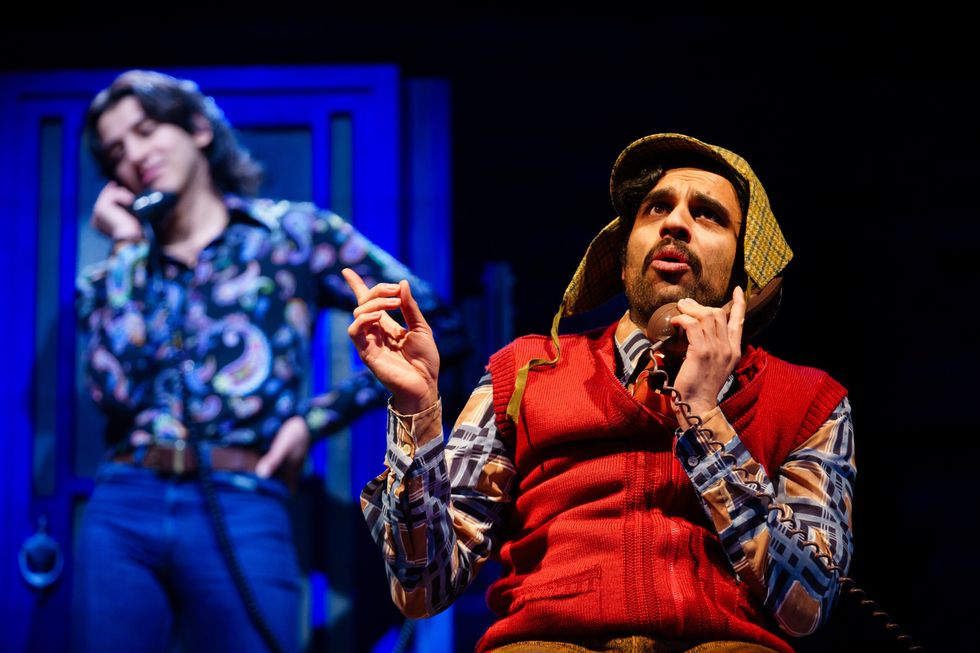
He joked: “It’s another thing thinking about my mum and dad coming to watch me perform.”
In the play, Karim likes both boys and girls, which was ground-breaking when the novel was published in 1990.
Ahluwalia said the way this has been portrayed in the play shows how society has developed in accepting people’s way of life.
“The way it’s presented is brilliant because it doesn’t actually make it explicit,” said Ahluwalia.
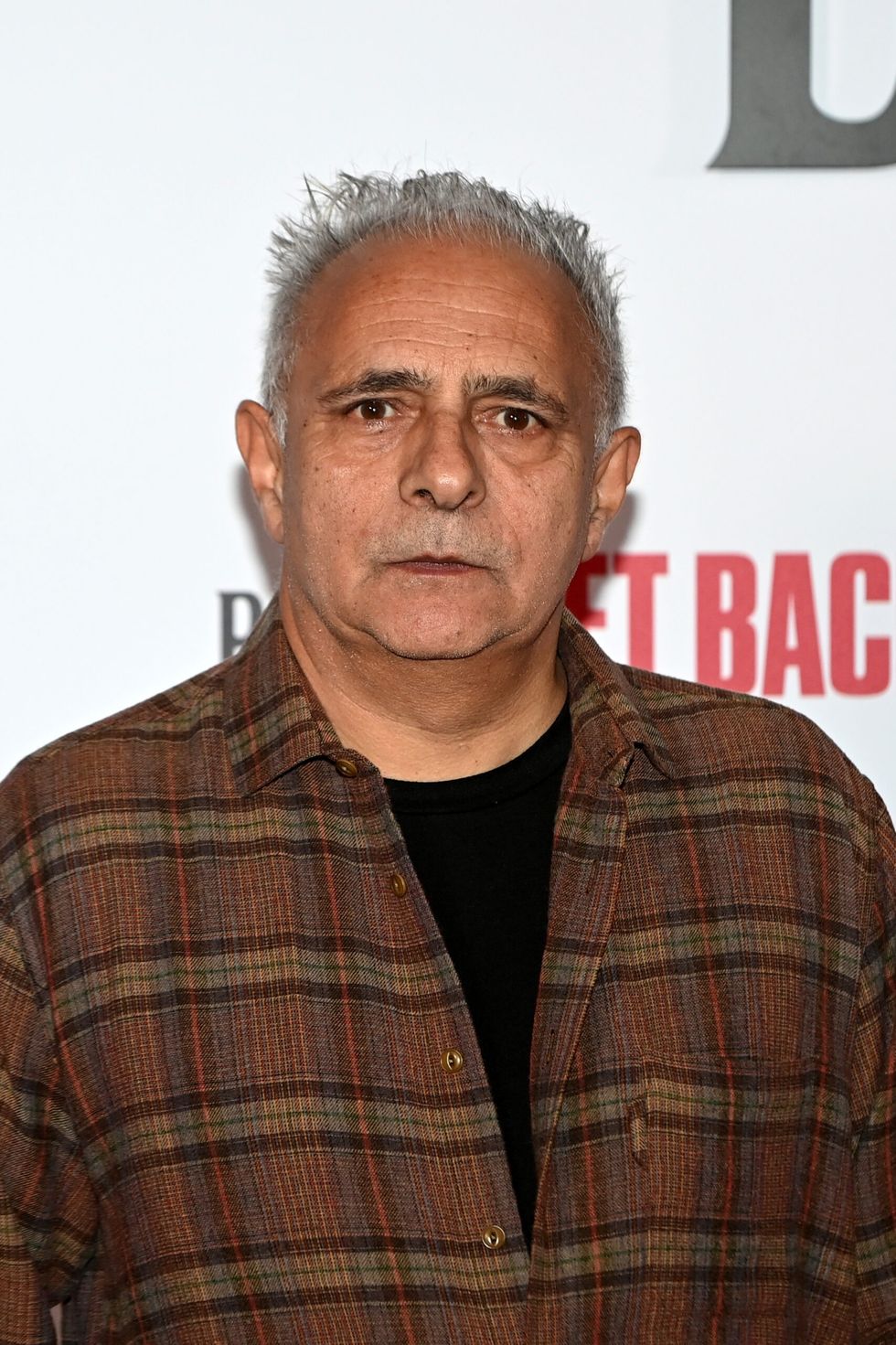
“It will show people from the south Asian community who come to watch it that you can like boys and girls, and it just is what it is. That’s a wonderful way of presenting that issue and bringing acceptance to it.”
The actor added: “It’s what Hanif has done with all his work, such as My Beautiful Laundrette – his characters have so many layers.
“As a south Asian in the industry you often get characters that are quite one dimensional. When you’re trying to get representation out, you present a very structured image of what a south Asian character is.
“Whereas with Karim, it is the opposite – he’s so flawed, which is brilliant. By presenting morally ambiguous characters, you actually can show what south Asians are like.”
The novel is widely seen as a semi-autobiographical telling of Kureishi’s younger years growing up in Bromley, south London.
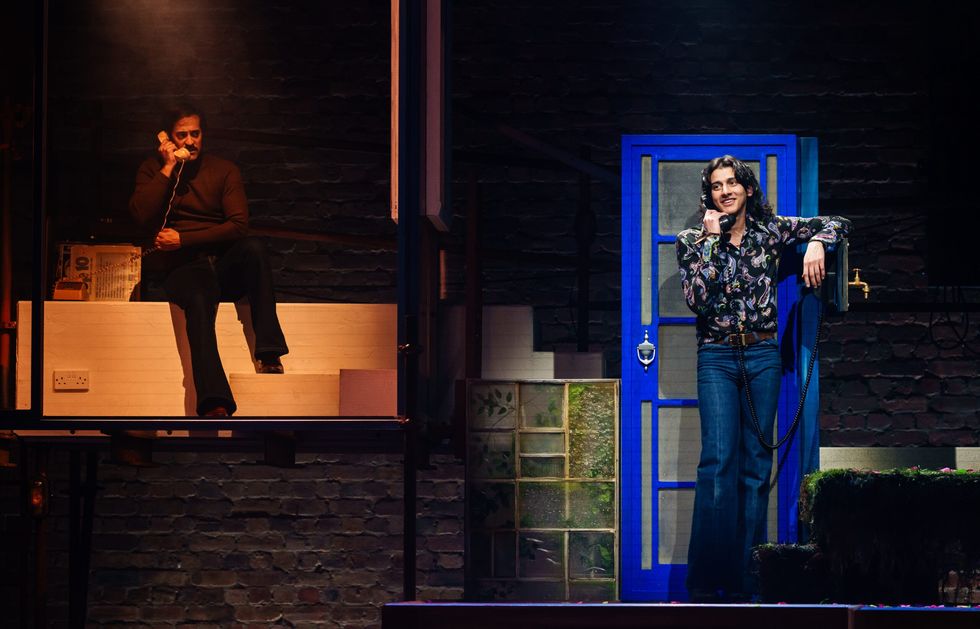
He previously said he wrote the novel as people were not writing books about people like him, so he decided to write one himself – “spitting out all the painful things, rudely, lightly”.
“His voice was so truthful in what he experienced as an individual, but it is something which is super universal,” said Ahluwalia, who is in his late twenties.
“We were lucky enough that he came in the other day to talk to us. And hearing the way he spoke about his experience growing up, you could definitely see a lot of him in the book.”
In the first paragraph, Karim announces his nationality three times, stating later, “My name is Karim Amir, and I am an Englishman born and bred. Almost.”
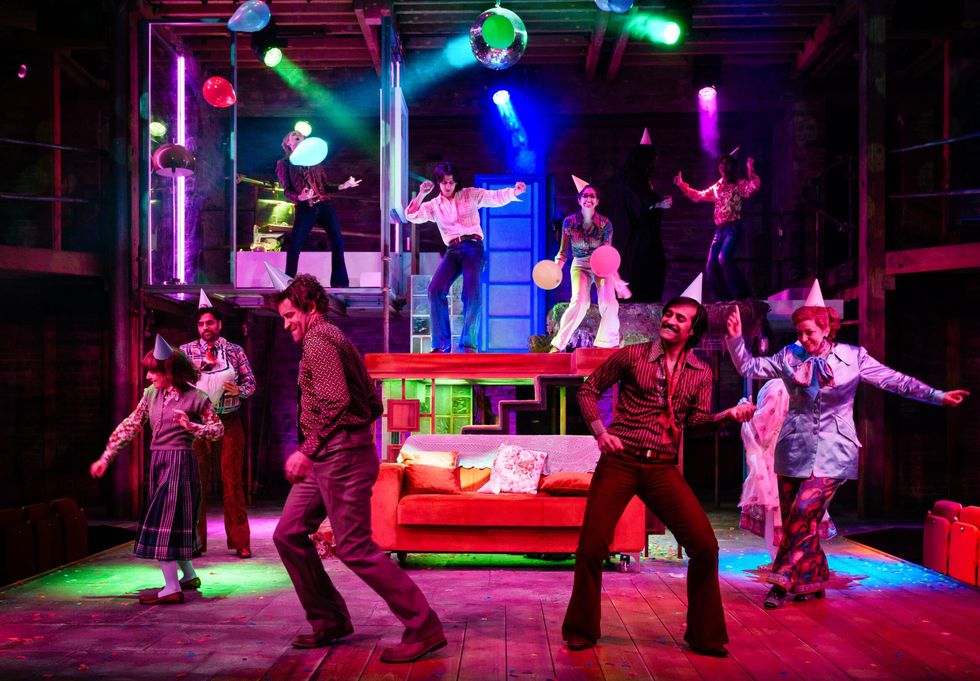
Ahluwalia said he could relate to Karim’s struggles with identity and belonging.
“I was adopted at six months old,” he revealed. “I knew my birth mother was south Asian. We didn’t know what my birth father was. My parents [who adopted him] are incredible and are also south Asian.
“Being adopted definitely exaggerated the feelings of who am I.”
In The Buddha of Suburbia, Karim is aware that being a person of colour, he doesn’t enjoy the same privileges as white people and that it brings difficulties, such as being bullied and being asked where he’s “really from”.
Ahluwalia said, “I went to a predominantly Caucasian, white school, but also had a lot of cousins who were south Asian around me – it was always this feeling of who am I? where do I fit in?
“This is one of the big things Hanif spoke about to us; growing up, we wanted to be British, we didn’t necessarily want to identify as south Asians.
“When you’re young, you want to assimilate, and I felt that so much in school. I really wanted to be considered English and British. I would shun the areas that were more Indian.
“This really spoke to me in the play. This idea of trying to fit in with being English and being British. It’s only now, as you grow up, you start to integrate and love the south Asian side of yourself, because, often, as south Asians or ethnic minorities, you’re made to feel like ‘others’ in society.”
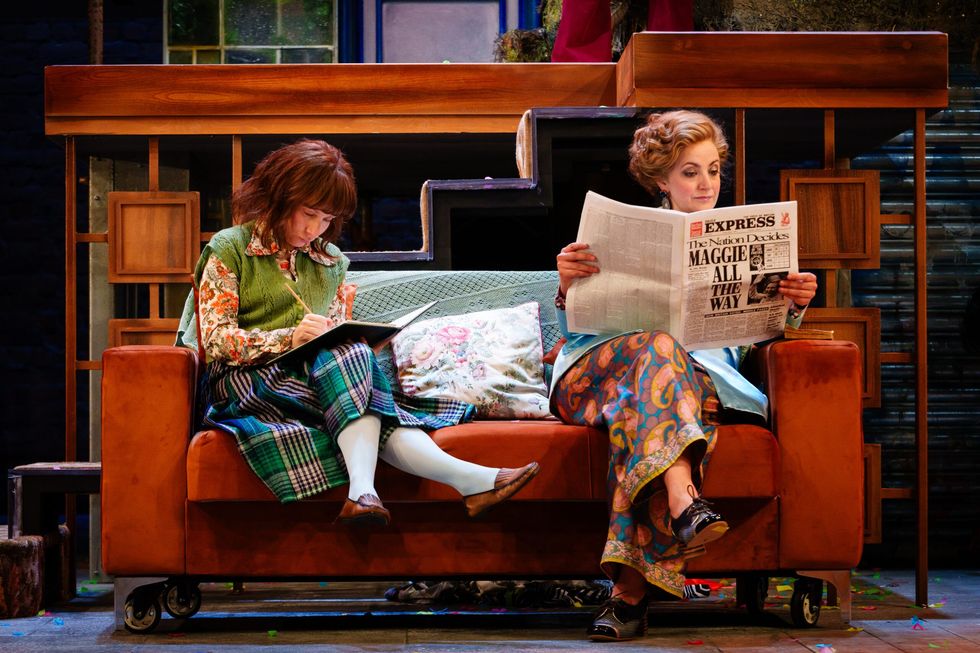
While the story inspired a four-part BBC series featuring a soundtrack by David Bowie, this is the first theatrical adaptation of Kureshi's novel, which won the Whitbread Award for best first novel when it was published. “It’s definitely pressure, because you want to honour what Hanif’s done,” said Ahluwalia.
“There’s always that sense – when you’re doing something like this – to seek the validation of the writer, especially because he’s written such an incredible thing and you want to do it justice.
“But what I’ve tried to do is trust myself and trust in the work [director] Emma [Rice] is doing and trust that if I believe in what we’re doing, the work will come alive. “I have tried my best to not impersonate the character from the book. I’ve tried to let it live through me as it is in this context on stage and trust that we’ll find this new form and it will draw out a meaning for this day and age.”
Kureishi suffered a fall in December 2022 while on holiday in Rome and the injury left him in a wheelchair.
He has been to see rehearsals of The Buddha of Suburbia coming to life.
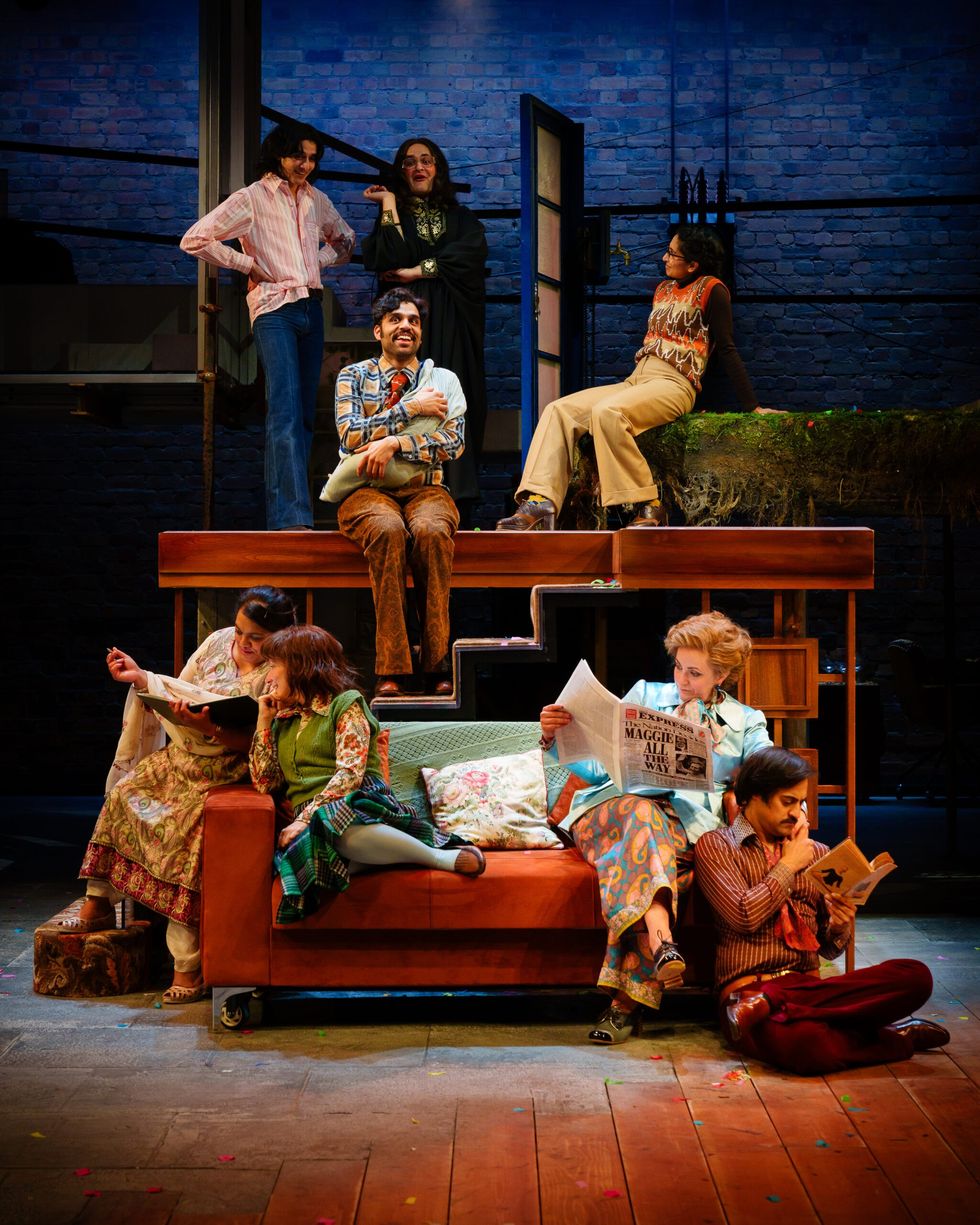
Ahluwalia said, “He came in with his son and his carer. It was just, ‘wow he’s in the room’ for all of us.
“We showed him a few sections of the work. In the play, my character, Karim, narrates a lot so I’m talking to the audience and in this case, I am talking to Hanif.
“It definitely was initially a sense of pressure, but once you do it, you get a sense of pride. You feel really blessed that you have this gift of doing this incredible role and you can literally do it to the person who wrote this incredible thing.”
Some of the themes in The Buddha of Suburbia will resonate with audiences today.
South London in the late 1970s was a time of racial tension, high unemployment as well as inflation, food shortages and strikes. “I learnt about that era from my parents who both immigrated to the UK around that period in the 1970s, and 1980s. And just hearing from my dad, his experience of wearing a turban and growing up in Manchester and what he went through,” said Ahluwalia.
The young actor believes things have improved for south Asians in the UK since his parents’ time and that is reflected in the arts.
“It’s changed a lot. I’ve had some struggles in the industry, but it’s a lot more accommodating [now]. People are becoming more aware of representation and awareness brings acceptance,” Ahluwalia said.
“I’ve heard my dad and mom describe what they had to face. I haven’t had to face any of that. We’re not 100 per cent there, issues do still exist, but a play like this will put a spotlight on these issues. But it would be unfair to say that it hasn’t improved significantly.”
The Buddha of Suburbia is produced by the Royal Shakespeare Company and will run at the Swan Theatre, Stratford upon Avon, from April 18– June 1






 Beck Theatre’s new programme is the pantomime Sleeping BeautyBeck Theatre
Beck Theatre’s new programme is the pantomime Sleeping BeautyBeck Theatre Omid DjaliliBeck Theatre
Omid DjaliliBeck Theatre Paul ChowdhryBeck Theatre
Paul ChowdhryBeck Theatre San2 SinghBeck Theatre
San2 SinghBeck Theatre











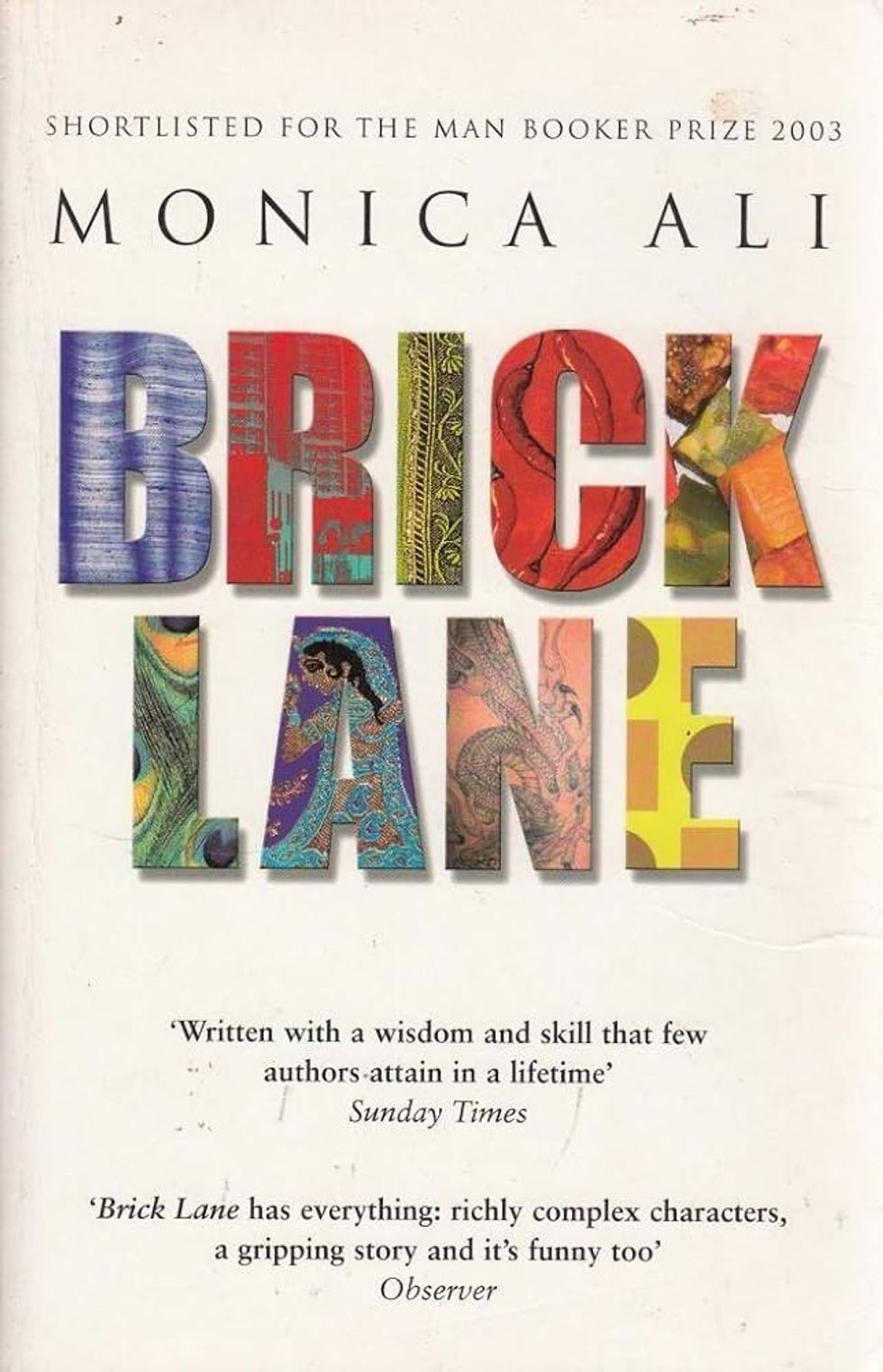 Her book
Her book
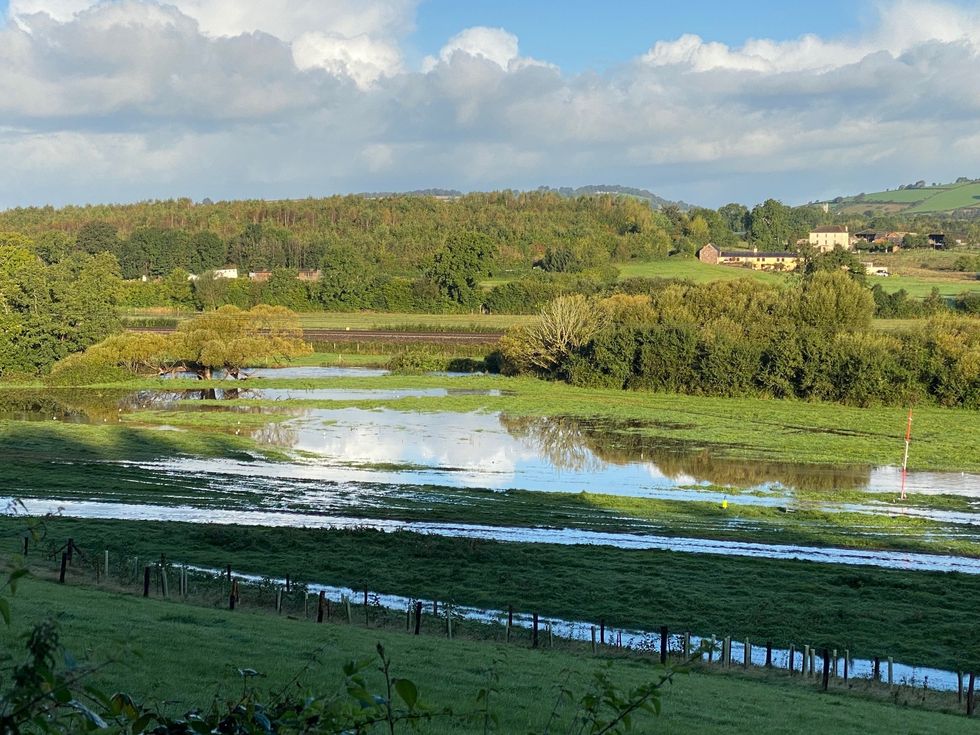 The newly restored River Culm floodplain at Killerton, Devon
The newly restored River Culm floodplain at Killerton, Devon The black poplar has effectively died out in the wild
The black poplar has effectively died out in the wild